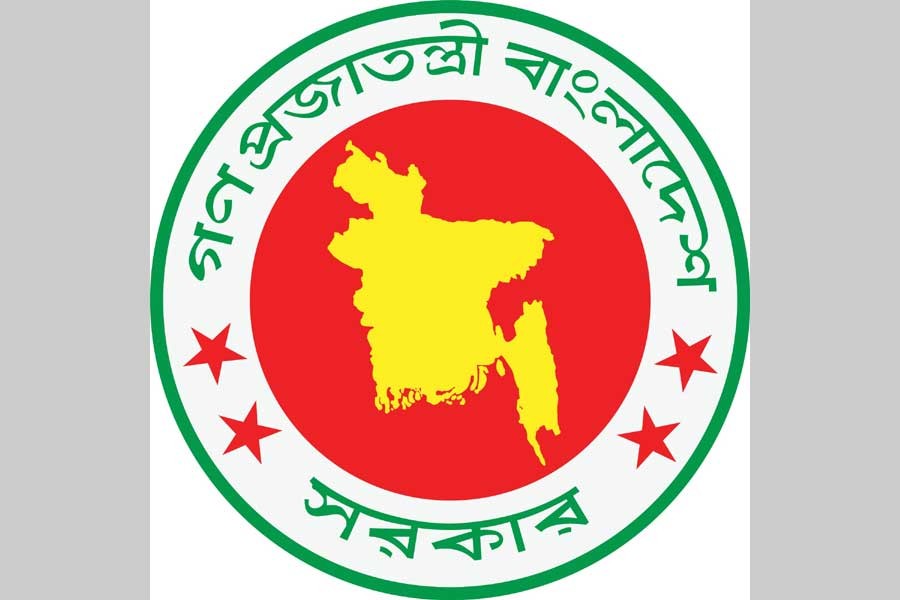The cabinet recently gave final nod to the draft Public Service Act, 2018 (PSA) for the second time after relegating it to the back-burner for almost a decade. Earlier, another such approval was accorded in 2015, but that had to go through a fresh round of bureaucratic scrutiny for another three years. As in the previously approved draft, a provision has been kept in the present one as well, whereby permission of the government has to be sought for arresting a public official before charge-sheet is issued in a criminal case. More worryingly, they cannot be arrested without permission even in corruption cases, which was not the proviso in the earlier version.
It implies that the primacy of the Anti Corruption Commission Act (ACCA) would be curtailed if the draft PSA is passed by parliament in its present form. Experts have opined that curbing power of the ACCA could not be justified as it might encourage proliferation of corruption. Besides, permission of the government was already required before arresting a public official under criminal law. This would act as a hindrance to the ACC in arresting corrupt officials by laying traps, as they cannot be arrested before issuance of charge-sheet. The provision also contradicts the fundamental principles of the constitution, because all citizens are equal before law and have equal rights and obligations. A similar provision was previously incorporated in the ACC Act, but that was eventually nullified by the Supreme Court.
It may be recalled that there has been publicity galore since 2008 regarding the enactment of a Civil Service Act for the country's civil servants. Millions of tax-payers' taka were spent over the years for organising study tours of officials, holding seminars and workshops, and undertaking studies and discussions on the subject since then. After assumption of office in 2009, the present Awami League government pledged to frame and pass the law in parliament. But over these long ten years, the government's words have not been matched by concrete deeds. After elaborate scrutiny for six years and rewording of the law (public service in place of civil service), a draft Public Service Act was approved by the cabinet in 2015. That draft also evoked criticisms in the media as in the case of the latest one.
It is clear that the provision for taking permission of the government before arresting a government official prior to issuance of charge-sheet in criminal cases is discriminatory and goes against the spirit of the constitution. It is conflicting with the commitment of the government to curb corruption, establish good governance and uphold honesty, transparency, professionalism and neutrality in the public services. On the other hand, curtailment of the powers of the Anti Corruption Commission will have a dampening impact on containment of corruption. So, the discriminatory provisions of the PSA should be rescinded by the government for the sake of ensuring an efficient, pro-people, citizen-friendly, transparent and accountable public administration. Besides, in the greater interest of the nation, the opinion of all stakeholders including relevant experts and ordinary citizens should be accommodated by posting the draft law on the official website. The citizens must have a say on how and why their money is spent on the public servants.


